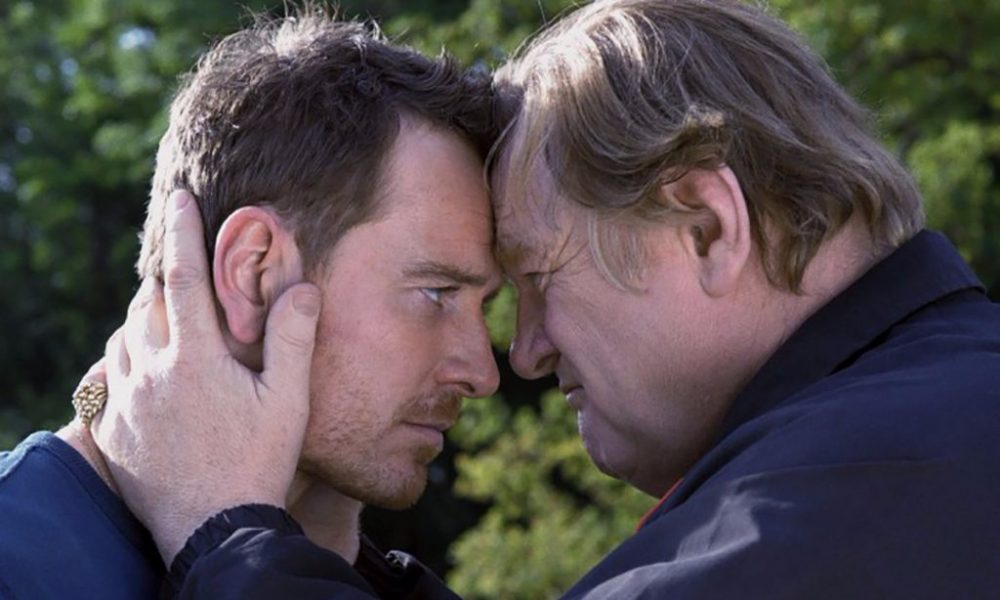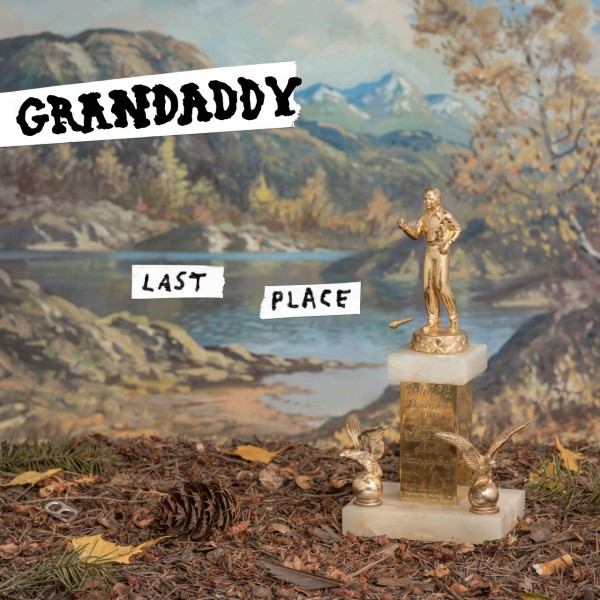There is something very pseudo-Shakespearean about Trespass Against Us, and not just because of Michael Fassbender’s pedigree playing the mad Scottish king. This West Country Traveller crime drama revolves around the question of lineage and, in its own grubby way, dynastic fulfillment. The Cutlers are a family of Travellers who, along with the rest of their small nomadic community, have rejected conventional townie life and finance their existence with a spot of thieving on the side. At the head of the clan sits Brendan Gleeson’s Colby, usually seen squatting on his beaten-down leather armchair throne, who keeps a firm grip on family operations and worries about his son’s willingness to step into his shoes and safeguard their future way of life.
The son, Chad (Fassbender), has his own priorities though, with a frustrated wife (Lyndsey Marshal) and young children to worry about. Self-conscious about his illiteracy, his skeptical father having dismissed schooling as another intrusion by outside authorities, Chad encourages his own children in their education, even while their grandfather undermines him with passive aggressive asides. Under Colby’s nose, Chad and his wife are squirreling away cash and planning an escape and Colby, detecting a growing distance, struggles to hide his paranoia, hinting at the violence he is willing to tolerate in order to maintain the integrity of the family unit.
Thematically, this is potent father-and-son material, with questions of blood ties, betrayal and symbolic paternicide, all handled by two of Ireland’s finest actors. The dialogue is an earthy mix of Traveller idiom, the clipped rhythm of the functionally illiterate, and high-drama vocabulary of regality and religion. Colby speaks of Chad as his ‘heir’, invokes the suffering of Christ to rally his beleaguered flock and wraps his self-worth in an imagined line of noble ancestors. He matches the girth of a Falstaff with the guile of a Richard. There is even a kind of Fool character, Sean Harris wasted as a developmentally challenged courtier, an object of amusement and occasional cruelty from those around him. So, there’s potency, even in its cliched way, but the script, from first-timer Alastair Siddons, cannot match the calibre of the performers.
The movie establishes its central conflict between Colby and Chad, and makes Chad’s conflicted family impulses the focus. And Fassbender is very believable as a man hemmed in by circling circumstances: paternal pressure, the difficulty of escaping the Traveller stigma and the whirring red-and-blue of Rory Kinnear’s obsessed copper. But having set all this up, the screenplay fudges the outcome, with an emotionally ambivalent and unexpectedly caperish conclusion. Apart from the Chemical Brothers documentary Don’t Think (2012), director Adam Smith’s primary experience is in television and the film’s limited scope of execution recalls the smaller screen. To be fair, the cramped living conditions of campsite doesn’t give the camera much to work with, but the photography can’t match the intensity of Fassbender and Gleeson in their best moments. Over time, the film reveals itself as one that isn’t really sure where it’s going. Conor Smyth





